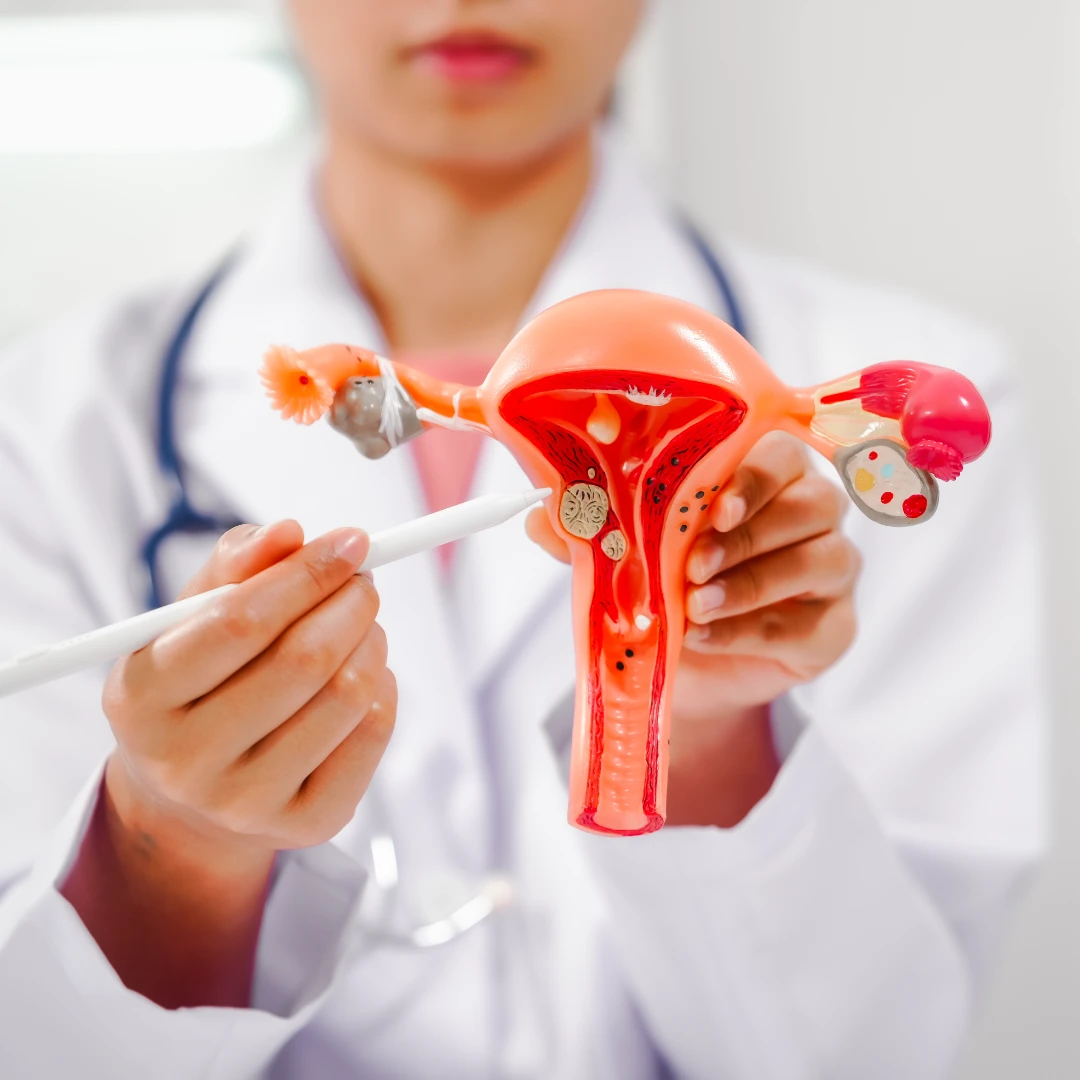
Some women have no symptoms. For others, symptoms may be severe enough to affect their daily lives – these may include:
Your gynaecologist will need to take a detailed medical history and do a pelvic examination for you. A transvaginal ultrasound scan will be performed to check for the presence of endometriotic cysts in the ovaries. In severe cases requiring surgery, an MRI scan is sometimes required to check for extent of scarring and bowel involvement.


This depends on how severe your symptoms are, the stage of endometriosis, and your fertility plans. Endometriosis is a long-term condition. There is no cure and multiple surgeries are not recommended. The aim of treatment is to achieve surgical clearance at the most appropriate time, with hormonal medicines before and after that to suppress endometriosis. It is important to continue long-term treatment and follow-up for endometriosis as there is a slightly increased risk of developing ovarian cancer. Read more about medical treatment and surgery for endometriosis.
Besides medications and surgery, some women have found the following helpful in managing their endometriosis symptoms:





Aster Gynaecology © | All Rights Reserved.